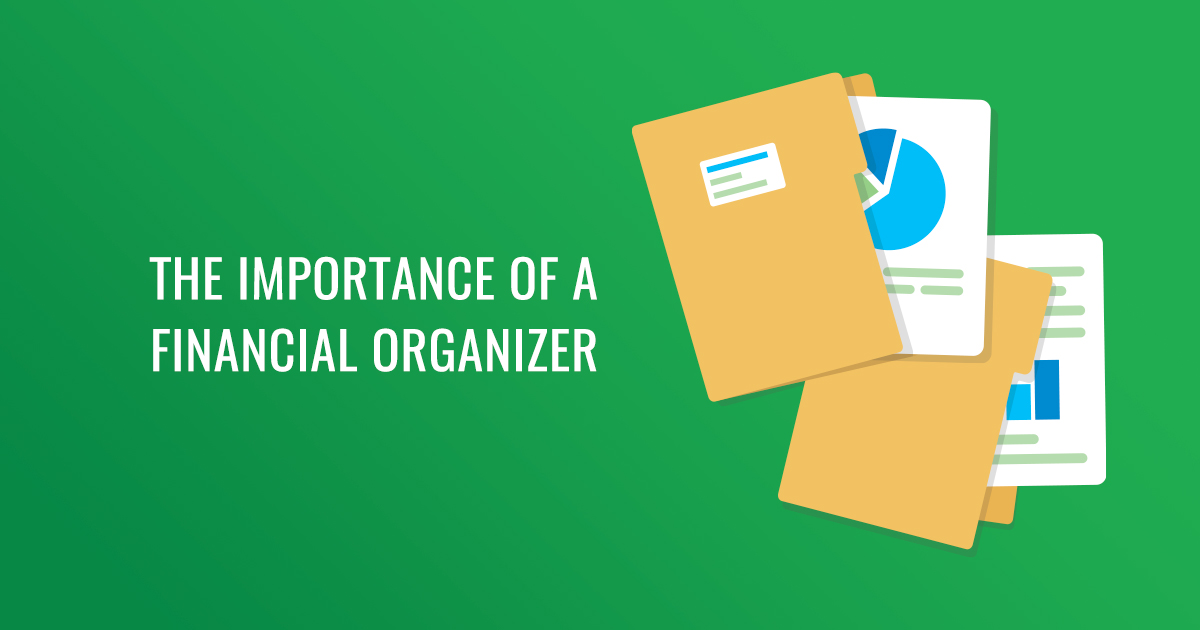Keeping your financial records organized is an essential part of managing your finances. Whether it’s a utility bill to show proof of residency or a Social Security card for wage reporting purposes, there may be times when you need to locate a financial record or document—and you’ll need to find it quickly. By clearing out and organizing your financial records, you’ll be able to find what you need; precisely when you need it.
How long should you keep your records?
Listed below are some recommendations on how long to keep specific documents:
Records to keep for one year or less
- Bank or credit union statements
- Credit-card statements
- Utility bills
- Auto and homeowners Insurance policies
Records to keep for more than a year
- Tax returns and supporting documentation
- Mortgage contracts
- Property appraisals
- Annual retirement and investment statements
- Receipts for major purchases and home improvements
Records to keep indefinitely
- Birth, death, and marriage certificates
- Adoption records
- Citizenship and military discharge papers
- Social Security card
Remember that these recommendations are general guidelines, and your circumstances may warrant keeping these documents for shorter or longer periods.
Why a Personal Financial Organizer Makes Sense:
We recommend compiling all the information surrounding your financial picture into a document. A trusted contact or family member can pick up the file to find the needed information in an emergency. At least one trusted person must know of the organizer’s location.
When onboarding new clients, we create a financial organizer for them. While the organizer will not replace the original records, it is a central location for storing all pertinent information. We consider this a living document, which means we update the plan each time there is a change in a client’s financial situation.
Along with the Financial Organizer, we recommend clients upload digital copies of documents to a cloud storage solution. This practical storage option can be stress-relieving for clients, knowing their information is retrievable if their hard copies are gone, damaged, or taken.
How do I get started?
If you or a loved one would like help organizing and planning for your financial future, contact us, and we would be happy to discuss possibilities.
Ready to start planning for a brighter future? Call today at (408) 840-4030, or contact our team online.

